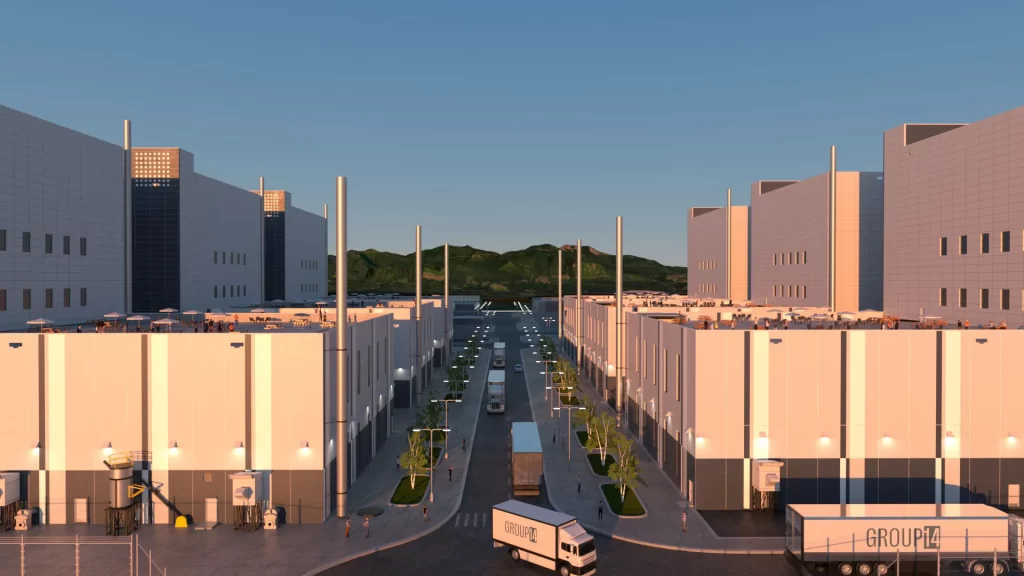
Backed by a $100 million grant from the Department of Energy and hundreds of millions in private investment, Woodinville-based Group14 Technologies is working to address one of the most significant barriers to EV adoption: charging anxiety.
Why it matters: Widespread use of EVs is a key step in reducing greenhouse gas emissions, experts say, but the transition is turning out to be longer than many predicted in part thanks to this fear.
How it works: Group14 Technologies has developed a way to enhance battery performance by replacing graphite anodes with silicon carbon material, CEO Rick Luebbe told Axios.
- This allows batteries to store up to 50% more energy and charge in as little as 10 minutes, he said.
- By replacing graphite, a material that is expected to see severe shortages in coming years, with silicon — the second most abundant element in the Earth’s crust after oxygen — supply chain bottlenecks can be avoided and costs lowered, Luebbe said.
The intrigue: Group14’s focus now is on producing material for EV batteries, but the technology could be used by any company that supplies lithium ion batteries, including for consumer electronics, he added.
What they’re saying: Washington is “the tip of the spear of where the country is going on clean energy,” U.S. Secretary of Energy Jennifer Granholm said during a February tour of green energy facilities in the state.
Reality check: Despite its growth, Group14 faces stiff competition from the entrenched $23 billion global graphite battery market, Luebbe said.
State of play: The company is working with more than 100 customers globally, which it says represent 95% of worldwide lithium ion battery production.
- It has raised more than $650 million from customers and investors including Porsche AG and the Microsoft Climate Innovation Fund.
In Washington, the company has a commercial-scale Battery Active Materials factory (BAM-1) in Woodinville and is building another, BAM-2, in Moses Lake.
- BAM-2, expected to be completed by the end of the year, will be able to produce enough material to supply batteries for up to 200,000 vehicles per year, per Luebbe.
- The company is also commissioning a joint venture factory with SK in South Korea.
What we’re watching: Group14 has promised BAM-2 will bring hundreds of new jobs to Moses Lake, as well as training programs for students at local community colleges and technical schools.
💭 Thought bubble from Axios transportation correspondent Joann Muller: “The holy grail for automakers is to design affordable EVs that are as seamless to drive as today’s gasoline cars. That means cheaper batteries that can last 300 miles or more and can recharge in 5–10 minutes — about the same time as a gas fill-up.
- “The battery industry isn’t there yet, but there’s a ton of innovation happening, and silicon batteries are one of several very promising technologies.”
























